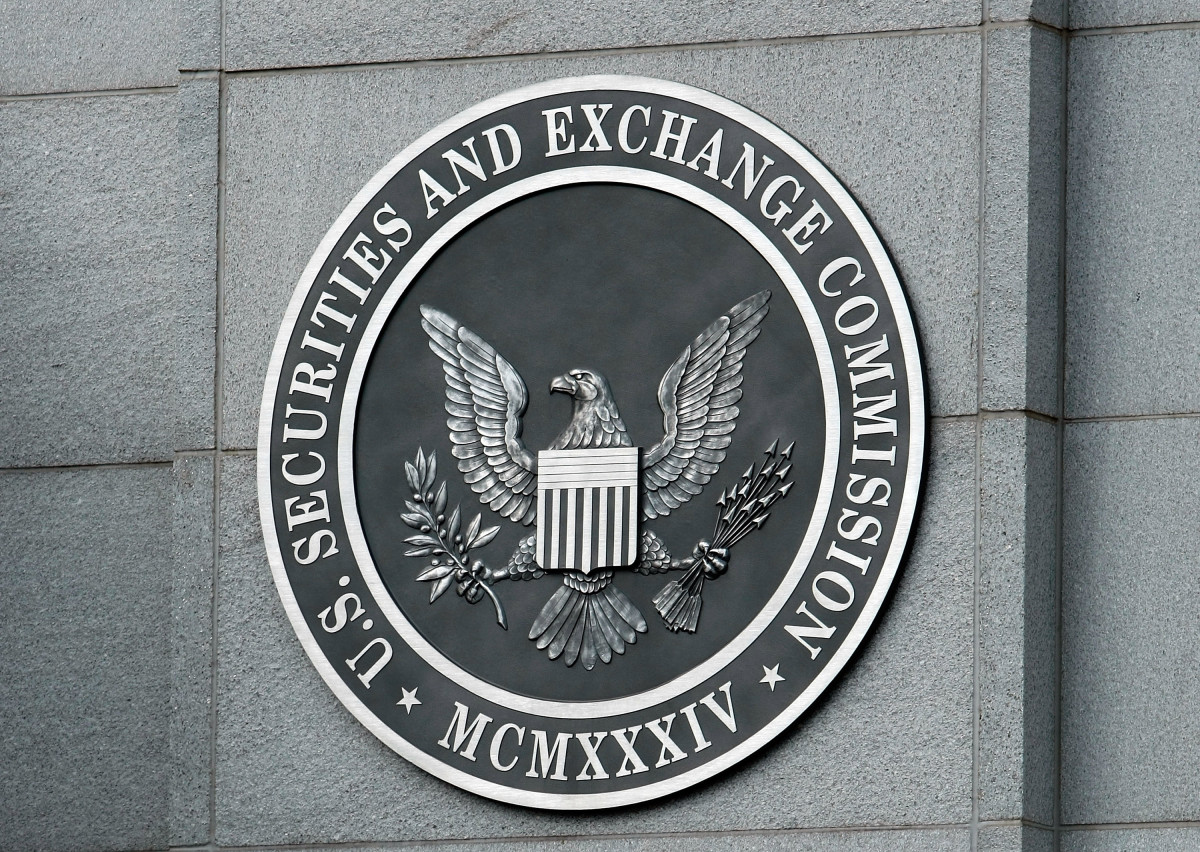
Once upon a time, a man named Bernie Madoff humiliated the Securities and Exchange Commission, running a decades-long, $65 billion Ponzi scheme quite literally under the agency’s nose, fooling its investigators with bogus documents fresh off the printing and chilled to apparently-aged perfection in the fridge. Faced with such evidence that it wasn’t able to uncover even the most gigantic of frauds with people on the ground and help from outside, and excoriated for its failure to do so, the SEC made a whole host of changes to how it does things to make sure it was not put in such an awkward position again. So, uh, how’s it going?

